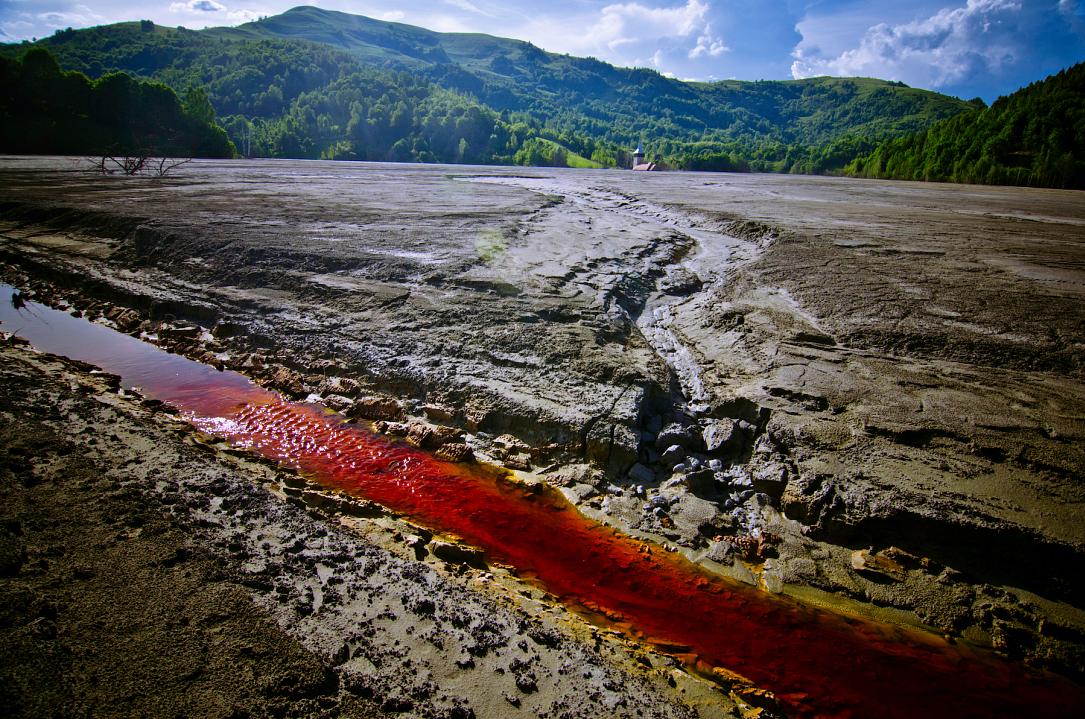Romania unexpectedly wins arbitration case against Canadian company for controversial gold mining project



Romania won’t have to pay any compensation to the Canadian mining company Gabriel Resources for stopping the gold mining project at Rosia Montana, the International Center for Settlement of Investment Disputes in Washington (ICSID) decided on March 8, 2024.
Romania’s Government issued a statement confirming the outcome of the case on Saturday, March 9.
The verdict, which came almost nine years after Gabriel Resources filed its case against Romania at ICSID, was largely unexpected.
Top government officials in Bucharest, including prime minister Marcel Ciolacu and finance minister Marcel Bolos, had recently suggested that Romania may be forced to pay some EUR 2 billion in compensation to Gabriel Resources, according to G4Media.ro.
Gabriel Resources asked for compensations of up to USD 6.7 billion while the minimum amount they would have settled for was the equivalent of the investments carried out for the Rosia Montana gold mining project – around USD 1 billion, according to finance minister Bolos. He also suggested that a non-monetary decision was possible, one that would have forced Romania to allow Gabriel Resources to continue the gold mining project at Rosia Montana. The finance minister said the Government had a strategy to negotiate with Gabriel Resources in the event of a negative outcome, according to Agerpres.
However, ICSID rejected the claims filed by Gabriel Resources and ordered the Canadian company to reimburse Romania for the arbitration costs of USD 1.43 mln and for a portion of the legal – some EUR 8 mln in total.
Romania was represented in this case by the local law firm Leaua Damcali Deaconu Paunescu – LDDP and the Swiss firm LALIVE SA.
"We fought for Romania because it was unfair that every employee and pensioner of this country should be penalized for the mistakes of politicians who acted against the interests of Romania. I thank the team of lawyers who represented Romania with professionalism, integrity, and honor! Romanians must not suffer because of the decisions of some prime ministers who put their personal interests above national interests," prime minister Marcel Ciolacu said in a statement.
Short history of the Rosia Montana case
The history of the gold mining project at Rosia Montana started in the 1990s, when a company founded by Romanian businessman Frank Timis – Gabriel Resources – was granted the right to carry out the project in a joint-venture with the Romanian state-owned company Minvest Deva. Gabriel Resources owned 80% of the project and the Romanian state held a 20% minority stake.
In 2000, Gabriel Resources ran a geological survey which estimated that about 330 tons of hold and 1600 tons of silver could be extracted from the Rosia Montana mining project. The estimates were based on the use of cyanide in the extraction process.
In 2005, the project company Rosia Montana Gold Corporation (RMCG) filed the Environment Impact Study for the project. In 2007, the Environment Ministry suspended the procedure for granting the environment permit for the project to move on.
In 2011, top Romanian politicians, including prime minister Emil Boc and President Traian Basescu stated that the contract with Gabriel Resources for the Rosia Montana project should be reviewed. They were unhappy with the economic benefits Romania was supposed to get from the mining project.
In 2012, social democrat Victor Ponta took over as prime minister and the project was blocked again. After the parliamentary elections in 2012, the Government started renegotiating the project. However, Ponta didn’t want to take responsibility for approving the project and asked the Parliament to vote on the “Rosia Montana Law”.
After big street protests in Bucharest and other big cities, the Romanian senate voted against the project in November 2013 and the Chamber of Deputies upheld the decision in June 2014.
In July 2015, Gabriel Resources started the arbitration case against Romania at ICSID.
In 2016, the Government of prime minister Dacian Ciolos filed a request for including the ancient Roman mining site at Rosia Montana in the UNESCO heritage list. The process was suspended by the social democrat Government of Viorica Dancila but resumed by the liberal government of Ludovic Orban.
In July 2021, the Rosia Montana site was included in the UNESCO World Heritage sites list, a decision that prevents any new gold mining operations at Rosia Montana. Gabriel Resources used this decision to support its damage claim.
editor@romania-insider.com
(Photo source: 23199552 © Ginabuliga | Dreamstime.com)